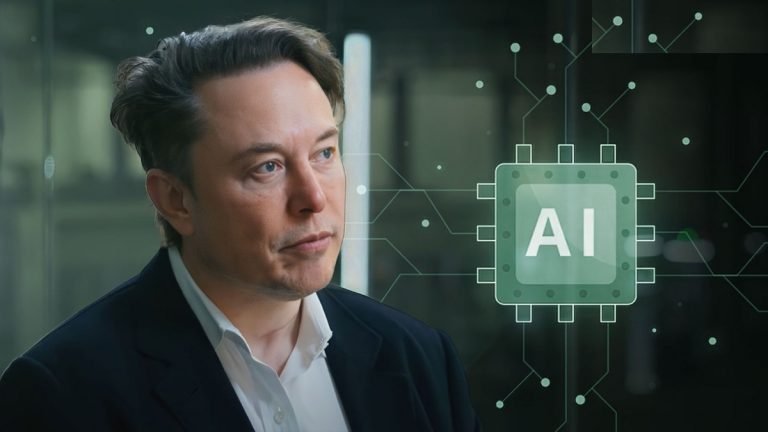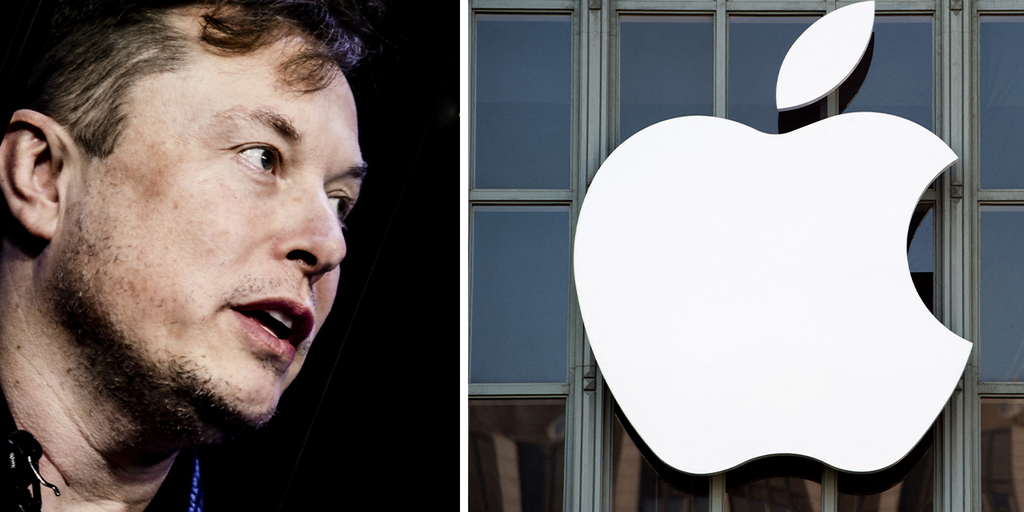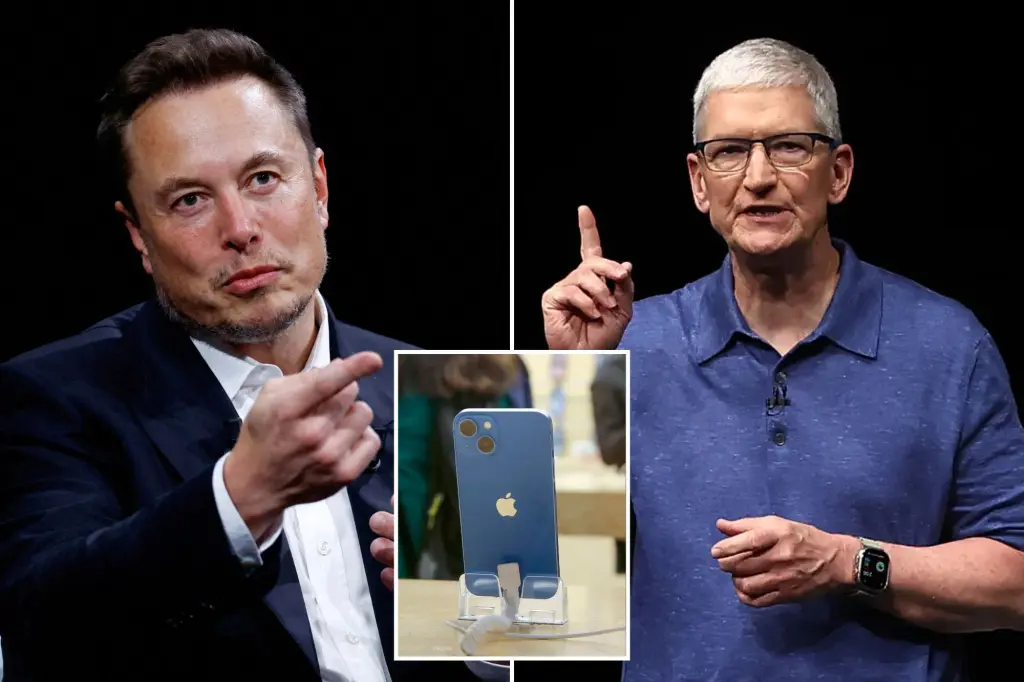In a move that has sent ripples through tech and investment circles, Apple has reportedly struck a deal to acquire the computer vision AI startup Prompt AI, beating rival interests — including those tied to Elon Musk. The amount of the deal remains undisclosed, but industry observers believe it may be a strategic pivot in Apple’s broader push into artificial intelligence and smart home automation.
Reports emerged via CNBC that the company is finalising this acquisition, with internal communications revealing that employees at Prompt AI were informed of the pending takeover. The startup, which operates a flagship product named Seemour, specialises in computer vision — enabling smart cameras to identify people, pets, and objects, and send contextual alerts about unusual activity.
The acquisition, if it goes through, represents a tactical moment for Apple as it seeks to strengthen its AI capabilities internally and ensure it does not fall further behind competitors aggressively investing in generative AI and vision technologies. In doing so, the company has outpaced proposals from Musk-affiliated ventures such as xAI and Neuralink, which had also expressed interest.
Table of Contents

Behind the scenes: Prompt AI, Seemour, and the human cost
Prompt AI’s technology and business troubles
Prompt AI had developed Seemour, an AI-powered app designed for home surveillance. Through computer vision, Seemour was able to distinguish between different subjects — distinguishing a person from a pet — and send text-style alerts when it detected anomalies. It was a neat package, positioning itself at the intersection of smart home security and AI inference.
However, despite the promising technology, Prompt AI reportedly grappled with monetisation issues. At a company-wide meeting, it was communicated to staff that the business model was not bringing in sustainable revenue and that the Seemour app would now be shuttered. User data, according to the announcement, would be deleted and privacy safeguards maintained.
The meeting further revealed that employees unwilling to continue under the company’s fold would see reduced pay, and they were told to quietly seek other roles rather than publicise internal deliberations. Shareholders were assured of some payout, albeit short of full original investment amounts.
In effect, Apple’s interest appears to be less about acquiring a thriving business and more about absorbing the talent, codebase, and algorithmic edge — especially around computer vision.
Musk, contendership, and Apple’s advantage
What added flavour to this deal is the competition. Apple reportedly edged out bids from Musk-backed efforts, including those associated with xAI and Neuralink. That means that in a contest of prestige and strategic AI positioning, Apple won.
This is significant because Musk’s ventures are seen as aggressive players in the AI space, often combining bold vision with fast execution. For Apple, traditionally more cautious and methodical, outbidding those forces signals an intent to be more assertive in AI.
Apple’s track record of making acquisitions is conservative. The biggest deal in its history so far has been the 2014 acquisition of Beats for $3 billion — largely driven by streaming and audio ambitions. By contrast, this Prompt AI move is a direct, technology-centric acquisition aimed at shoring up internal competency in advanced AI of the company.

Strategic importance: What Apple gains, what it risks
Low-key deal, high impact
While the price tag remains undisclosed, insiders say Apple prefers to avoid splashy acquisitions unless absolutely necessary. That posture aligns with its established approach of incremental investment and integration.
For the company, the appeal of Prompt AI is threefold:
- Talent acquisition: The startup has a team of around 11 engineers and researchers. Integrating such minds into Apple’s AI and smart home divisions can accelerate internal projects.
- Technology and IP: Apple acquires not just the code and algorithmic models behind Seemour, but potentially patents and internal frameworks that could feed into the company’s HomeKit, Vision, or AI efforts.
- Edge in computer vision: As AI becomes more visual (object recognition, scene analysis, smart camera interpretation), Apple needs to keep pace. This gives them a boost where time-to-market matters.
However, the risks are real. The fact that Prompt AI could not monetise Seemour suggests that even good technology isn’t always a business win. Integrating startup culture into Apple and ensuring smooth transitions of staff and morale is notoriously tough.
There’s also the reputational risk: employees were reportedly told not to discuss the deal publicly, and those who refused to join Apple would be penalised in pay. If that story leaks — and it already has to some degree — it could leave Apple open to criticism about how it handles acquisitions and human capital.
Signals to the industry
Beyond the technical and personnel gains, this move is a statement. Apple has long been critiqued for lagging in AI, particularly generative AI, compared to companies like OpenAI, Google, Microsoft, and yes, some of Musk’s ventures.
The Apple initiative dubbed Apple Intelligence — pitched as a next-generation AI platform, with functions tied to Siri, personal data insights, and multi-model understanding — has faced delays and skepticism. Critics say Apple is playing catch-up. This Prompt AI move gives the company something concrete to show, especially in computer vision.
Also, the elimination of Seemour from the App Store (it was removed ahead of or concurrent with the acquisition) further cements Apple’s intention to fold the technology into its ecosystem, rather than compete with it.
One other notable effect: Apple’s stock dropped around 3.45% on news day, shedding about $8.77 in value. Market watchers attribute that dip less to the acquisition itself, and more to an unrelated macroeconomic development: the U.S. raising tariffs on Chinese imports to 100%. Because Apple relies on Chinese manufacturing and supply chains, investors worry about cost pressures. Nonetheless, the acquisition move may help reassure stakeholders that Apple is actively renewing its technological roster.
What it means for Nigeria, Africa, and the global AI competition
Relevance for African tech ecosystems
While this is largely a corporate story among global giants, its ripples matter everywhere — Nigeria included.
Africa’s tech startups are increasingly participating in AI and vision-based solutions (for agriculture, surveillance, health, etc.). Seeing a major company like Apple target a niche vision AI startup underscores that even small firms with strong technical foundations can be acquisition targets. It sends a signal: build quality, scalable tech, and global players will notice.
For Nigerian engineers and AI talent, it reinforces that excellence can attract attention beyond local markets. It isn’t just the world’s biggest AI labs making moves — companies like Apple are quietly shopping for innovators, wherever they are.
Broader competition and geopolitical stakes
The AI arms race, especially in vision and multimodal capabilities, is not purely a technology contest. It’s also geopolitical. Countries view dominance in AI algorithms, data, chips, and computational infrastructure as strategic assets.
By forging ahead with acquisitions like Prompt AI, Apple signals it intends to remain among the top tier of AI-capable enterprises. Beating out Musk-linked buyers is also symbolic — in terms of market positioning, prestige, and influence.
For users globally, including Nigerians, the acquisition could translate to smarter Apple devices with more advanced vision features — better object recognition, improved home automation, more intuitive camera integration, and possibly new AI functionalities powered by that underlying tech.

Conclusion
Apple’s acquisition of Prompt AI — if and when finalised — is a carefully measured gamble. The company secures AI talent, vision technology, and future potential, while keeping a modest public posture. It is, in many ways, Apple becoming more aggressive behind the scenes.
For Elon Musk’s ventures and other AI contenders, it’s a reminder that competition is not just in models or public platforms — acquisitions, talent acquisition, and stealthy integration matter just as much.
For us in Nigeria, this is more than Silicon Valley theatre. It’s a window into how AI ecosystems evolve globally, and it should inspire local creators to aim high. Because in the AI world, good work — even from a small team — can draw the attention of giants.
Join Our Social Media Channels:
WhatsApp: NaijaEyes
Facebook: NaijaEyes
Twitter: NaijaEyes
Instagram: NaijaEyes
TikTok: NaijaEyes





